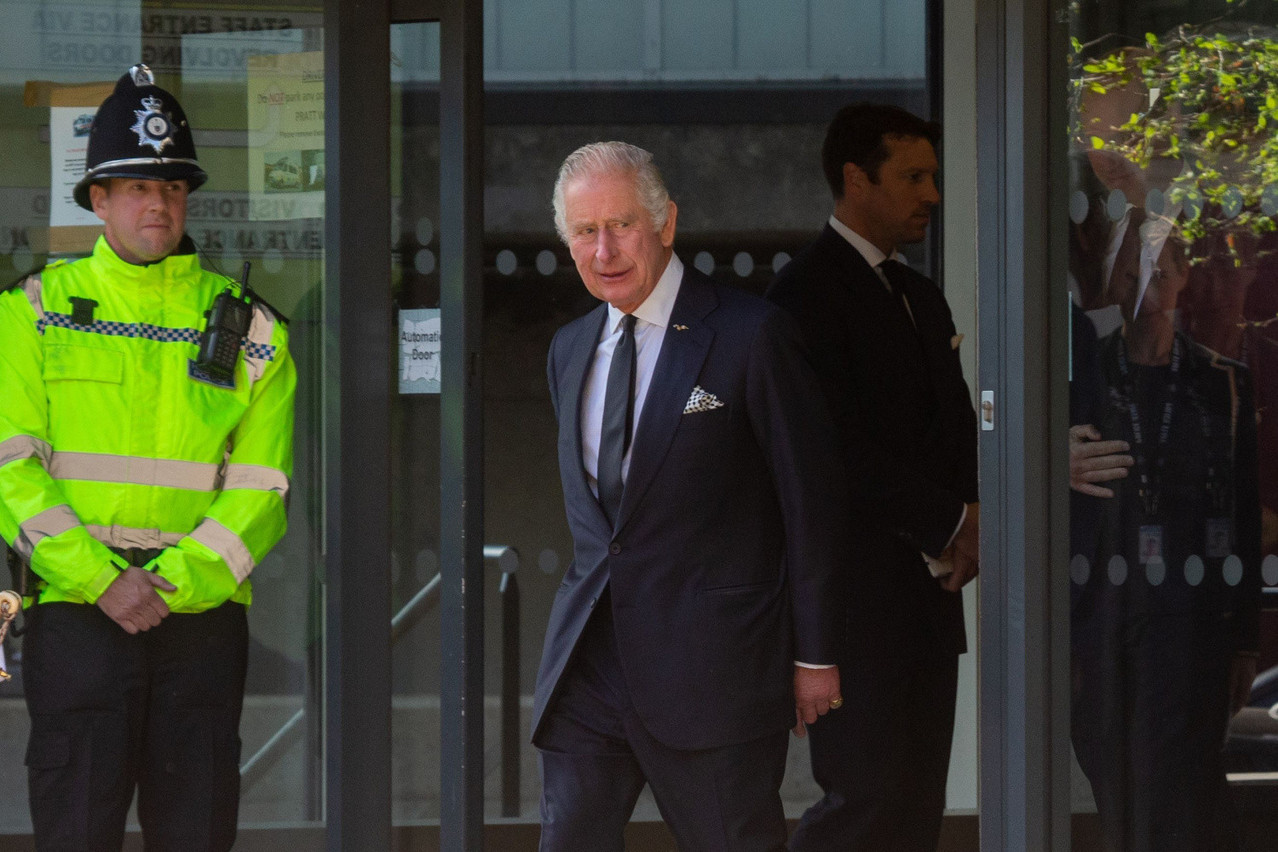Charles III is in good standing with the British tax authorities. The British monarch appears 41 times in the Luxembourg register of companies, without being named, in his capacity as ruler of Alberta since he is the official head of the Canadian state. Alone or alongside the Alberta Investment Management Corporation, which manages more than €116bn of assets around the world, including 4.5% in the UK, for its prestigious clients, the king of England saw Luxembourg agents comply with the British government’s new rules without waiting for the 31 January 2023 deadline.
A wise decision, as from 1 February, the government promised sanctions such as sales restrictions and stiff fines or even jail time. It will no longer be possible for anyone to sell land or buildings to an entity that has not declared its economic beneficiaries. As of today, only “19,510 of the 32,440 registered foreign organisations have declared their beneficial owners,” a statement said, and these 32,440 entities held more than 95,000 properties by the end of 2021. The numbers have slowly been rising.
£20m more to track down fraudsters
London introduced the register as part of a package of tough economic measures announced in response to Russia’s invasion of Ukraine. The aim: targeting the illicit wealth of supporters of Putin’s regime and exposing criminals using foreign companies to launder money. The UK, which had already spent £63m to upgrade its business register, decided to add £20m to carry out its investigations.
“Criminals and corrupt elites have nowhere to hide. We will use all the tools at our disposal, including fines and restrictions, to crack down on foreign companies that fail to comply,” warned business, energy and corporate responsibility minister Baron Callanan.
It is not illegal for investment funds, pension funds, celebrities or billionaires to hold property through a foreign company, mostly for reasons of discretion, but in addition to transparency, the new provisions will allow tax authorities to check whether owners are taxable on rental income, whether they have to pay the 17% stamp duty (for new acquisitions) or the Annual Tax on Developed Dwellings (ATED). And the latter is anything but neutral: if a property or part of it can be considered habitable, the tax will rise on 1 April to £269,450 (€300,450) for a property worth £20 million, to £134,550 (€150,000) for a property worth between £10m and £20m. The rate is degressive up to £4,150 (€4,600) for a property valued at £500,000 to £1 million.
732 Luxembourg entities
Amongst these 19,510 entities are 732 entities... from Luxembourg, 20% of which did not declare any beneficial owners--notwithstanding those who declared the managers of the fund or structure. This is a good opportunity to see who goes through Luxembourg to avoid being put in the spotlight of the City.
Behind Charles III, the American ex-banker of Morgan Stanley, Paul Kazillionis, is the actual beneficiary of 39 structures. In 1994, he left the American bank to successfully launch Westbrook Partners, a real estate private equity firm based in New York.
In addition to British and American investment funds, banks such as Credit Suisse and bodies such as the Qatar Investment Authority, The Guardian last week investigated the number and nature of investments by companies directly linked to the Chinese state. The UK Land Registry shows that the China Investment Corporation, which manages foreign exchange reserves, has spent at least £580m (€650m). In 37 cases, these transactions went through a Luxembourg structure.
The social directory of the ultra-rich
The list of economic beneficiaries of Luxembourg structures is once again an example of the country’s global visibility on these issues. Amongst others, and in spite of themselves, they include:
- descendants of the founders of Allianz, Wolfgang Peter Egger,
- the wealthy Spanish Alvarez family,
- the Israeli billionaire Gary Fegel
- his compatriot Gary Fattal, head of the country’s largest hotel chain,
- Blackstone CEO Stephen Schwarzman and his $30bn fortune,
- the Polish entrepreneur who launched Art Basel, Grażyna Kulczyk,
- the discreet Chinese billionaire Zhi Ming Mei,
- the new co-CEO of the Hines Group Laura Hines-Pierce,
- the widow and children of Brazilian star banker Vicky Safra,
- the son-in-law of former Kazakh president Timur Askaruly Kulibayev,
- entrepreneur Roberto Caciolli,
- Slovakia's first billionaire, Ivan Chrenko,
- Norwegian Ivan Tollefsen, who owns 100,000 properties in Europe,
- or the French producer and presenter Jacques Essebag, known as “Arthur” or “King Arthur” in the early 2000s.
Editor’s note: Appearing on the register of companies is in no way an indication of wrongdoing and there have been no allegations of wrongdoing leveled against the people and organisations cited in this article.
This story was first published in French on . It has been translated and edited for Delano.
